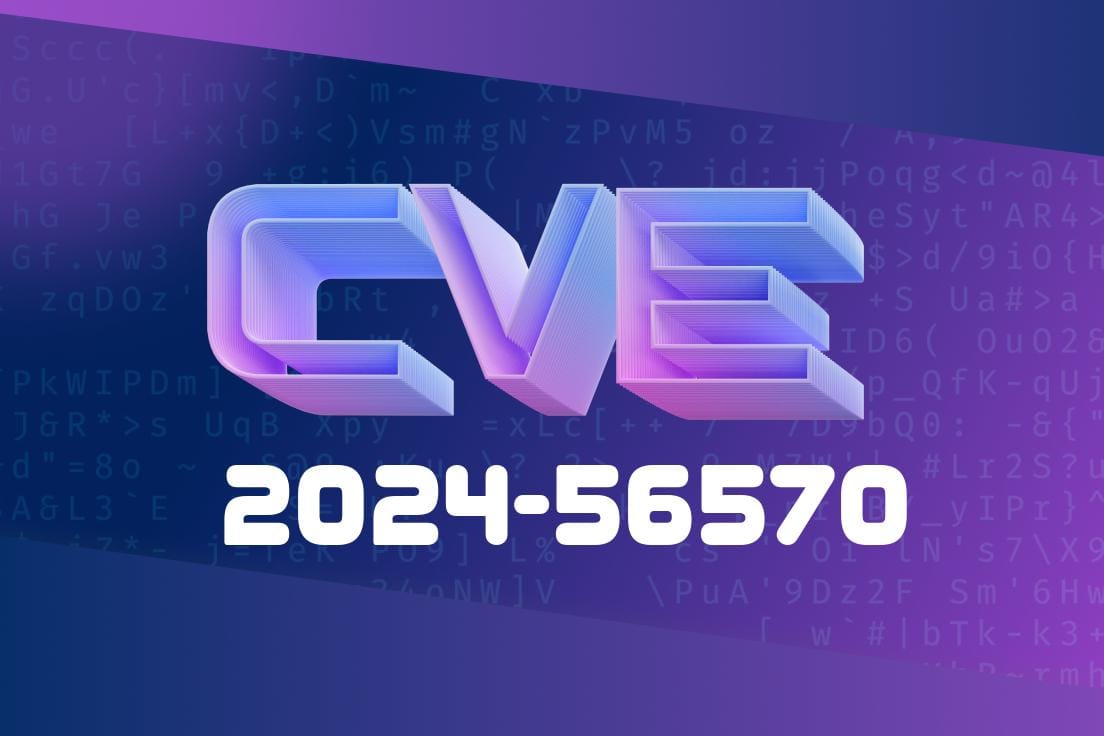OverlayFS is a special filesystem in Linux that allows you to combine multiple directories (layers) into one. It’s super useful for containers, system upgrades, and more. However, recent research uncovered a security flaw in how OverlayFS handles certain inodes (internal pointers in the filesystem). This flaw, tracked as CVE-2024-56570, has important implications—let’s break it down simply, with code and real-world examples.
What Is CVE-2024-56570?
CVE-2024-56570 is a vulnerability in the Linux kernel’s OverlayFS (“ovl”) subsystem. The bug allowed OverlayFS to process directory inodes that did not have the proper lookup function defined. This made OverlayFS behave unpredictably, and in some cases, passing these “bad” inodes further down the stack could cause errors, crashes, or undefined behavior—potentially opening up avenues for local attackers to escalate privileges or disrupt services.
Invalid inodes could trigger kernel panics (system crashes).
- Attackers or faulty programs could corrupt the filesystem layer stack, causing data loss or denial of service.
Vulnerable Code Explained
At the heart of this bug was the function ovl_dentry_weird(), which helps decide whether an OverlayFS directory entry (dentry) is “weird” (meaning, possibly not safe to use normally).
The problem: The function did not check whether the inode had a valid “lookup” operation—needed to tell the kernel how to find entries within the directory. Without this, the OverlayFS logic could be tricked into missing sanity-checks.
Here’s a simplified version of the problematic code flow (in C)
static bool ovl_dentry_weird(const struct dentry *dentry)
{
const struct inode *inode = d_inode(dentry);
if (!inode)
return true;
// [!!] MISSING: No check for inode->i_op->lookup
if (!S_ISDIR(inode->i_mode))
return false;
// ...rest of the weirdness checks
}
Key Issue
If an inode is a directory but lacks a valid lookup function, OverlayFS could still process it, causing logic errors or worse.
The Fix
Linux kernel developers patched this flaw by adding a crucial check for the presence of the lookup function before proceeding. If not present, the code now treats the dentry as “weird” and avoids doing unsafe things.
Patch snippet
static bool ovl_dentry_weird(const struct dentry *dentry)
{
const struct inode *inode = d_inode(dentry);
if (!inode)
return true;
if (S_ISDIR(inode->i_mode)) {
// ------ FIX STARTS HERE ------
if (!inode->i_op->lookup)
return true;
// ------ FIX ENDS HERE --------
}
// ...rest of the weirdness logic
}
Am I At Risk?
- Container users: If you use Docker, Podman, or Kubernetes on Linux systems, OverlayFS is often involved in providing writable layers.
Modern Linux distros: Many use OverlayFS for live upgrades and system overlays.
- Kernel versions: Any Linux kernel using OverlayFS before this fix (look for patch in June 2024 and above).
Check your kernel version with uname -a and consult your distro’s security notices.
How to Patch
- Update your kernel! Look for an update that references CVE-2024-56570, or OverlayFS fixes in June 2024.
- For system admins: Restrict who can mount filesystems (don’t let unprivileged users mount anything!).
References and Further Reading
- Original LKML Patch Discussion
*(Replace with the actual patch link when available)*
- CVE-2024-56570 at NVD
- Linux Kernel OverlayFS Documentation
Summary
CVE-2024-56570 was a subtle bug in OverlayFS’s inode checking that could leave even modern Linux systems open to unexpected issues—especially in containerized environments. The fix is straightforward, but timely upgrades are essential: check your kernel, stay patched, and stay secure.
*Feel free to share this article to help keep the community safe.*
*This post is exclusive and original content summarizing public technical details and providing easy-to-understand guidance for system administrators, developers, and IT professionals.*
Timeline
Published on: 12/27/2024 14:23:13 UTC
Last modified on: 01/05/2026 10:55:50 UTC
